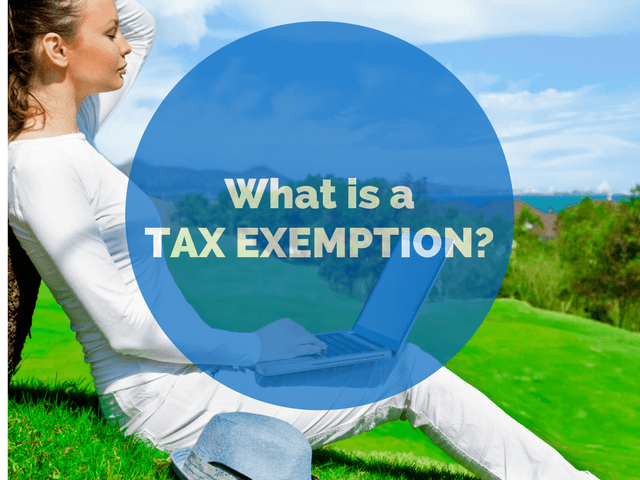You may be wondering, what are Tax Exemptions?
Before 2018, Tax exemptions were a monetary amount given to help reduce your taxable income.
Prior to 2018, taxpayers were able to deduct a specific amount for each personal exemption claimed on their tax return for that particular year.
THIS POST MAY CONTAIN AFFILIATE LINKS. PLEASE READ MY DISCLOSURE FOR MORE INFO. Which means if you click on any of the links, I’ll receive a small commission at no additional cost to you.
Navigating Changes in Tax Exemptions
Recent years have seen significant changes in tax laws, notably the suspension of personal and dependent exemptions.
This shift underscores the importance of staying informed about current tax regulations to optimize your tax strategy.
While personal and dependency exemptions were once a staple in reducing taxable income, taxpayers must now look towards the standard deduction and other tax benefits, such as the Child Tax Credit, to lower their tax liability.
Adapting to these changes requires a thorough understanding of the current tax landscape and how it affects your individual or family’s financial situation.
Understanding Tax-Exempt Organizations
Tax-exempt organizations, including charities, religious groups, and educational institutions, play a pivotal role in our society by providing valuable services without the burden of federal income taxes.
Achieving tax-exempt status requires organizations to meet stringent IRS criteria, ensuring they operate primarily for public benefit.
Contributions to these organizations not only support their missions but may also offer donors the advantage of charitable contribution deductions, assuming deductions are itemized on their tax returns.
This symbiotic relationship underscores the importance of understanding both the benefits and obligations of tax-exempt entities and their contributors.
The Impact of Filing Status on Tax Exemptions
Your filing status is more than just a box to check on your tax return; it’s a determinant of your tax liabilities and potential exemptions.
Whether you’re single, married filing jointly, or head of household, each status comes with its own set of rules and benefits, particularly concerning standard and itemized deductions.
For instance, the standard deduction amount varies significantly across different filing statuses, influencing your decision to itemize deductions or opt for the standard deduction.
Understanding the nuances of your filing status can lead to substantial tax savings, especially when considering property tax exemptions and the potential for itemized deductions.
Final Thoughts
I hope this article helped you gain some control of your tax plan this year. Remember not to stress out. Don’t forget to check out Tax Forms page for any additional online tax checklists and forms you may need this year.

If you want more handy tax tips, then feel free to check out my latest articles here. You can sign up to get on the waiting list if you’d like to file with me this year.
If you enjoyed this article, then you’ll love these:
- Best Rules for Claiming a Dependent on Your Tax Return
- When and How to Claim Tips on Your Tax Return
- Do I Need to File a Tax Return?
- How to Choose the Best Filing Status
- Top 12 Things You Must Know About the New Tax Law
For more money-saving tips and guides, subscribe to the weekly newsletter!
I’m super grateful when you share my posts on Twitter, Instagram, Facebook, or Pinterest. It helps spread the word about The Handy Tax Guy and allows me to keep bringing you great content.
Until the next money adventure, take care!
Handy

Disclaimer Statement: All data and information provided on this site is for informational purposes only. The Handy Tax Guy makes no absolute representation of the correctness, mistakes, omissions, delays, appropriateness, or legitimacy of any information on this site. **Note: Each client circumstance will vary on a case-by-case basis**
(Original Article Date: August 14, 2017/Updated February 6, 2024)


